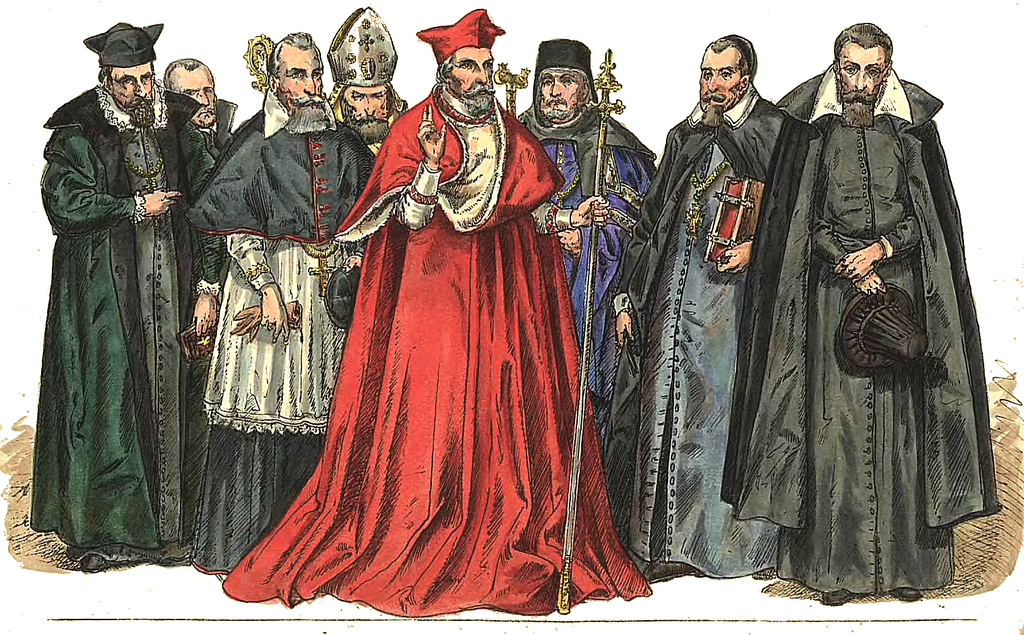Stamp with Collectible Margin: Rabbi Joseph Hayyim Ben Elijah (1834-1909) (Israel 1992)
Rabbi Joseph Hayyim Ben Elijah (1834-1909) (Israel 1992)
26 April (Israel ) within release Historical Personalities goes into circulation Stamp with Collectible Margin Rabbi Joseph Hayyim Ben Elijah (1834-1909) face value 1.20 Israeli new shekel
| Stamp with Collectible Margin Rabbi Joseph Hayyim Ben Elijah (1834-1909) in catalogues | |
|---|---|
| Michel: | Mi: IL 1220T |
| Stamp Number: | Sn: IL 1111T |
| Yvert et Tellier: | Yt: IL 1164T |
| Stanley Gibbons: | Sg: IL 1167T |
Stamp with Collectible Margin is square format.
Also in the issue Historical Personalities:
- Stamp with Collectible Margin - Rabbi Hayyim Joseph David Azulai (1724-1806) face value 85;
- Stamp with Collectible Margin - Rabbi Joseph Hayyim Ben Elijah (1834-1909) face value 1.20;
Stamp with Collectible Margin Rabbi Joseph Hayyim Ben Elijah (1834-1909) it reflects the thematic directions:
Clergy are formal leaders within established religions. Their roles and functions vary in different religious traditions, but usually involve presiding over specific rituals and teaching their religion's doctrines and practices. Some of the terms used for individual clergy are clergyman, clergywoman, clergyperson, churchman, cleric, ecclesiastic, and vicegerent while clerk in holy orders has a long history but is rarely used
Religion is any cultural system of designated behaviors and practices, world views, texts, sanctified places, ethics, or organizations, that relate humanity to the supernatural or transcendental. Religions relate humanity to what anthropologist Clifford Geertz has referred to as a cosmic "order of existence". Different religions may or may not contain various elements ranging from the "divine", "sacred things", "faith", a "supernatural being or supernatural beings" or "some sort of ultimacy and transcendence that will provide norms and power for the rest of life". Religious practices may include rituals, sermons, commemoration or veneration (of deities), sacrifices, festivals, feasts, trances, initiations, funerary services, matrimonial services, meditation, prayer, music, art, dance, public service, or other aspects of human culture. Religions have sacred histories and narratives, which may be preserved in sacred scriptures, and symbols and holy places, that aim mostly to give a meaning to life. Religions may contain symbolic stories, which are sometimes said by followers to be true, that have the side purpose of explaining the origin of life, the Universe and other things. Traditionally, faith, in addition to reason, has been considered a source of religious beliefs. There are an estimated 10,000 distinct religions worldwide. About 84% of the world's population is affiliated with one of the five largest religions, namely Christianity, Islam, Hinduism, Buddhism or forms of folk religion.


